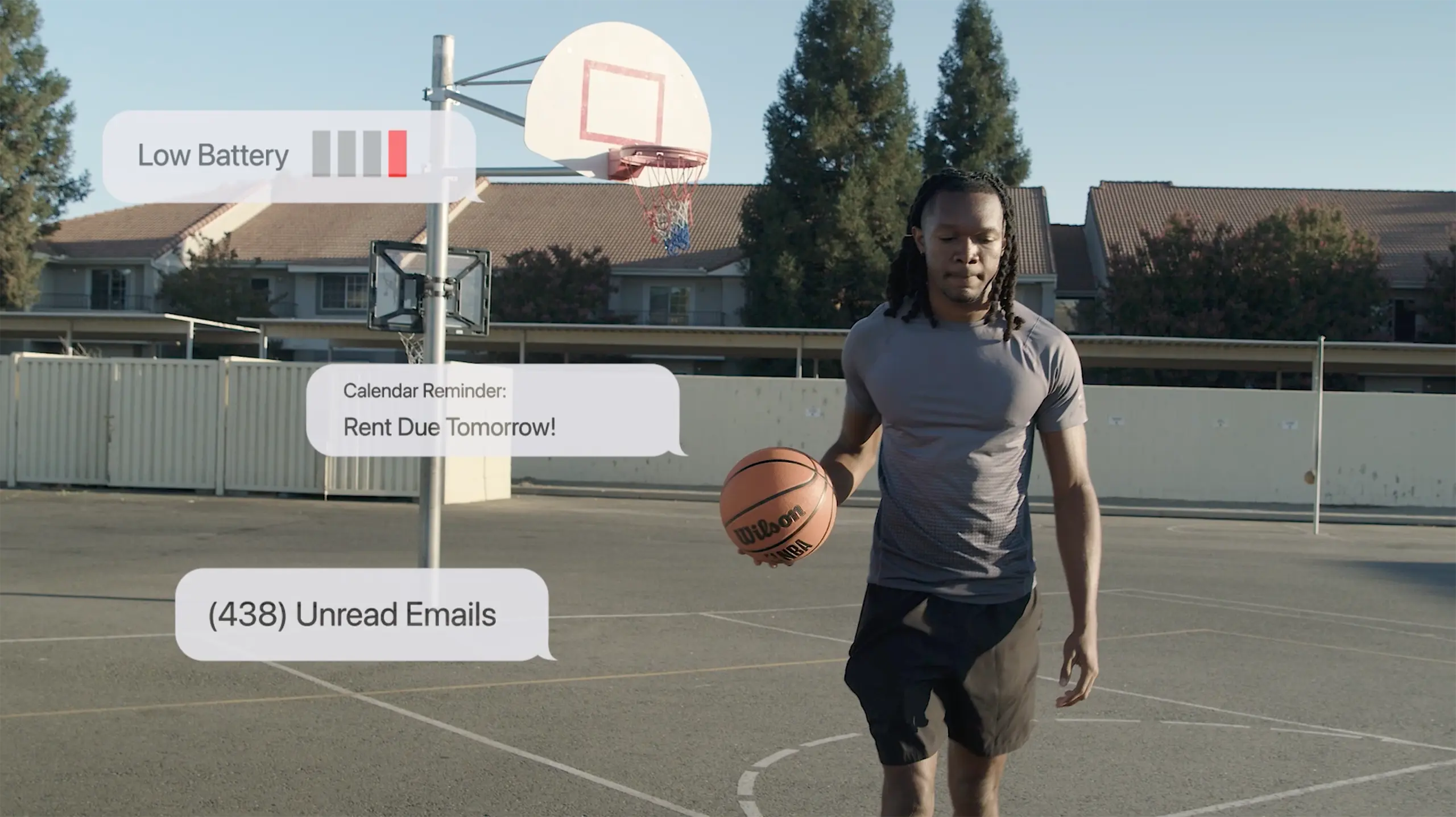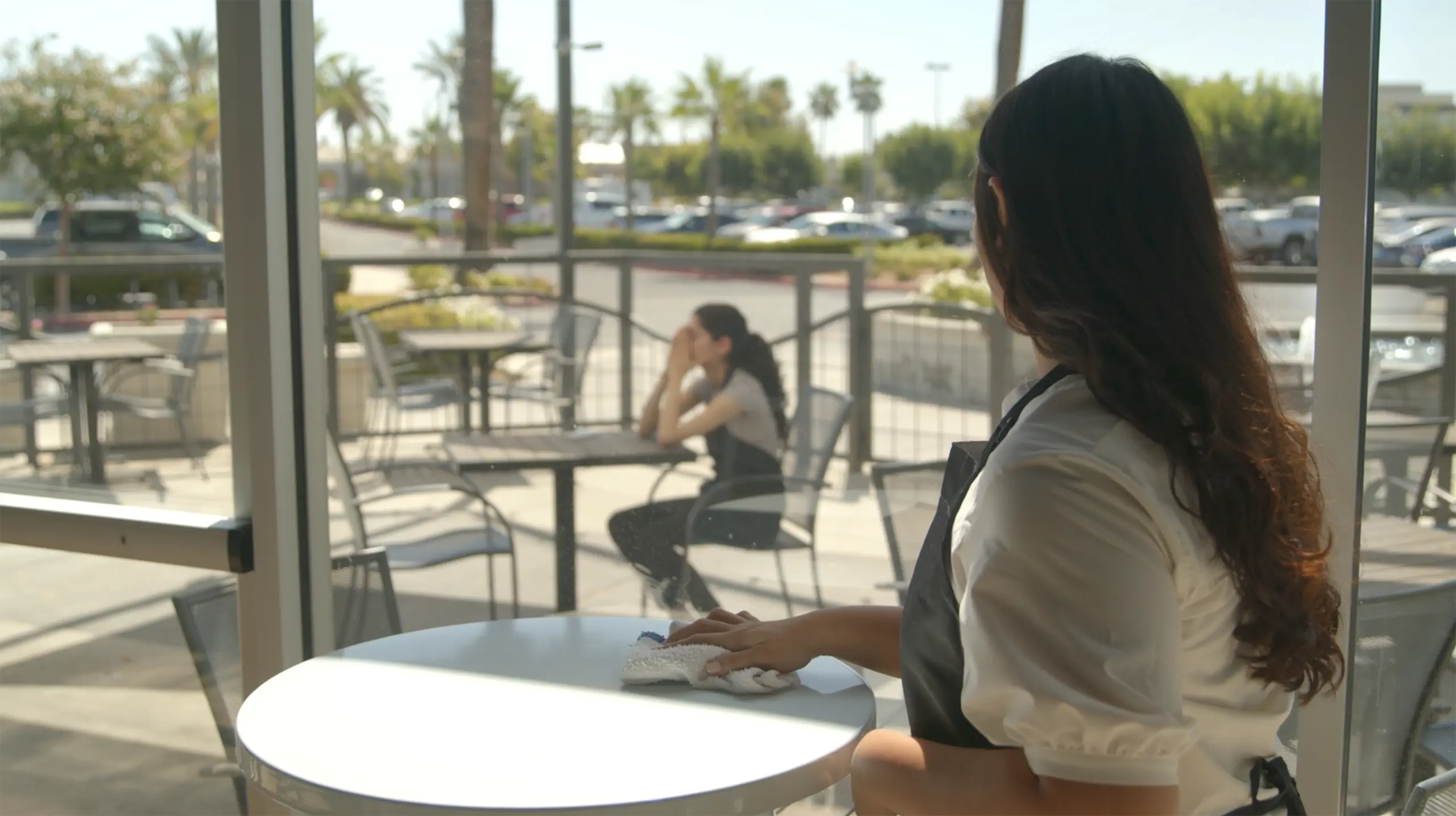

Between school, family stuff, work, the pressure to stay “on,” and everything happening online—it’s a lot. And sometimes, even if you’re not in full-blown crisis, you can still feel like you’re barely holding it together.
You don’t need to wait for everything to fall apart to ask for help. You’ve got options.
Because what you’re feeling is real—and you don’t have to go through it alone.
Not every crisis looks the same—and not everyone feels the same way when they’re struggling. But if you’re asking yourself whether you need help, you probably do—and that’s okay. You don’t have to reach your breaking point before you reach out.
If one or more of the statements below sounds like you, call the crisis line and talk to someone who can help.
















Whether you’re struggling yourself, worried about someone else, or just looking for the right next step, you’re not alone. Help is here, 24/7. No matter the situation, there’s a way forward.

When life feels like too much, you don’t have to deal with it alone. Instead, talk to someone who can help, find the support you need, and take the next step toward feeling better.
Call the 24/7 Access and Crisis Line to talk to someone trained to help. If needed, they can send the Mobile Crisis Response Team to meet you where you are and provide in-person support.

You don’t have to be falling apart to ask for support. Maybe you’re anxious, sad, or overwhelmed. Maybe you don’t feel like yourself. Maybe you’re just tired of pretending everything’s fine. Mental health care is for all of that—and more.
Call the 24/7 Access and Crisis Line to talk with someone, ask questions, or get connected to local mental health services.

You don’t need to be perfect—you just need to be present. Notice the signs, ask how they’re really doing, listen without judgment, and be the link to help.
Call the 24/7 Access and Crisis Line to connect someone to support, or to request the Mobile Crisis Response Team (MCRT) if in-person help is needed.
Take our free, self-guided training designed to help you support youth mental health.

When life feels like too much, you don’t have to deal with it alone. Instead, talk to someone who can help, find the support you need, and take the next step toward feeling better.
Call the 24/7 Access and Crisis Line to talk to someone trained to help. If needed, they can send the Mobile Crisis Response Team to meet you where you are and provide in-person support.

You don’t have to be falling apart to ask for support. Maybe you’re anxious, sad, or overwhelmed. Maybe you don’t feel like yourself. Maybe you’re just tired of pretending everything’s fine. Mental health care is for all of that—and more.
Call the 24/7 Access and Crisis Line to talk with someone, ask questions, or get connected to local mental health services.

You don’t need to be perfect—you just need to be present. Notice the signs, ask how they’re really doing, listen without judgment, and be the link to help.
Call the 24/7 Access and Crisis Line to connect someone to support, or to request the Mobile Crisis Response Team (MCRT) if in-person help is needed.
Take our free, self-guided training designed to help you support youth mental health.

Text 988 to reach the same support.
Calling 1 (800) 320-1616 connects you with Tulare County’s Mental Health Services Access and Crisis Line—a free, 24/7 support line. When you call, you’ll connect with someone trained to help you figure out what’s going on, talk through what you’re feeling, and get support, without pressure or judgment.
If you need it, the Mobile Crisis Response Team (MCRT) can meet you where you are—literally. Home, school, work, wherever. They’ll help calm things down and talk through options for what to do next. It’s not about labels or diagnoses—it’s about feeling safe, heard, and supported.
Not sure where to start? Check out our list of local resources to see other types of support available in Tulare County.

If someone you care about is struggling, it’s not always easy to know what to say—or when to step in. But you don’t have to be a professional to make a difference. You just have to be willing to show up.
The Tulare County Department of Behavioral Health has created a short digital training program built for parents, siblings, teachers, coaches, coworkers—anyone who wants to show up in a real way.
Understand the pressures, risk factors, and barriers that are impacting the mental health of today’s youth.
Learn how to recognize the signs that something may be wrong—even when it doesn’t look dramatic.
Get practical tools and simple strategies to show up with confidence, compassion, and support.